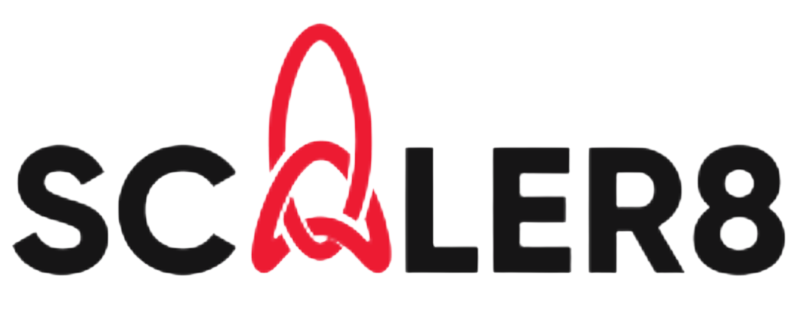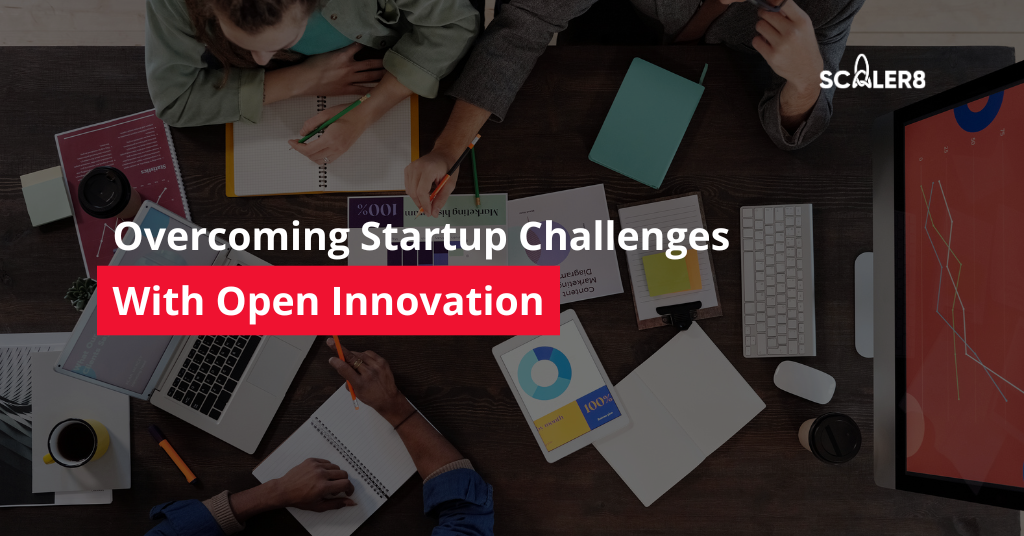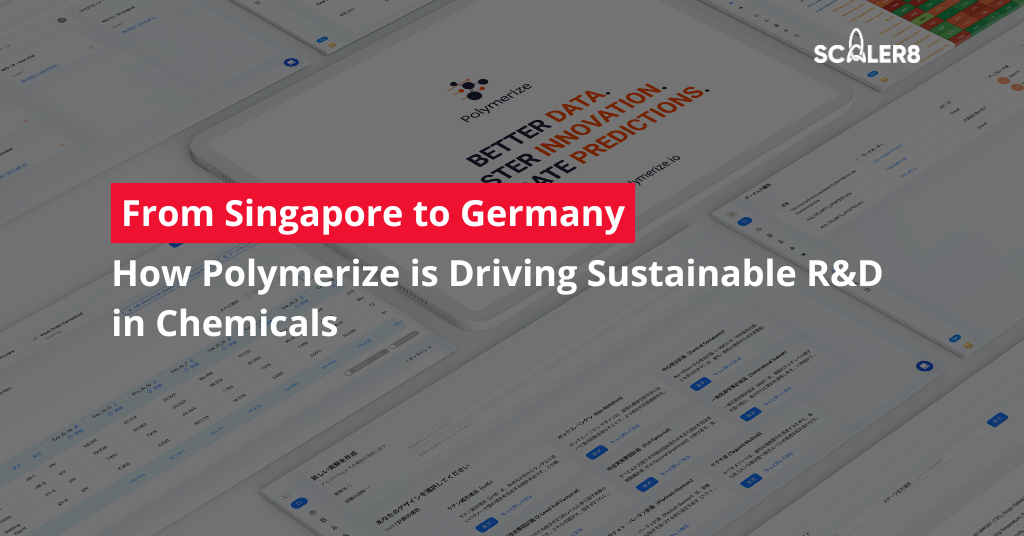Expanding into a new market is a risky business. This is especially true for Asian startups looking to expand beyond Asia and into high-growth international markets like Europe. How should startups uncover and address a whole plethora of market barriers to set themselves up for success in their internationalisation journey? Is market validation the key? We take a deep dive into one of the checkpoints for startups entering the European market.
Market Validation

Market validation is one of the most crucial steps for any startup entering a new market.
For startups with tighter budgets, the validation step should be considered earlier in their expansion journey to de-risk market entry, create an appetite for the new market, and be more financially efficient.
Knowing where to start and how to ask the right questions is often the most significant challenge faced by startups.
Know which market to validate your innovations
The decision on where to validate an innovation is a strategic one for Asian startups looking to grow internationally.
Take Germany as an example –a producer of superior quality and home to global business heavyweights such as Siemens, SAP and BMW; many Asian startups see Germany as a springboard to Europe.
Influential validation process

“Germany requires an extra level of validation for products to make the cut”, said Para Segaram, CEO at TeleMedC.
Having a CE (Conformitè Europëenne) mark which is widely recognised as having met high health, safety, and environmental protection standards, is simply not good enough to penetrate the EU market effectively.
In Germany, product validation would need to include real-life evidence that the product is making a positive difference before it is considered good enough for the quality-oriented country and its neighbours.
Validate in a mature market

Working with a mature market means startups can validate their assumptions quickly to speed up their learning and take a giant stride towards the new market.
Attonics Systems, a Singaporean company supplying spectrometers, knew that Germany was the right market for them and naturally would make a future head office in Europe when they saw many suppliers, manufacturers, system integrators, and distributors in the photonics and spectroscopy space.
De-risk market entry
Startups need to know their market to mitigate risk strategy errors and be more cost-efficient. Discovering an innovation that is not viable in a new market can help startups save a substantial amount by getting out early or pivoting towards something where there is market demand.
How to access market validation support

Work with market expansion experts who have an extensive network of partners, domain experts and potential customers that can help you validate assumptions and gain insights into the market.
By speaking to domain experts, startups can address complex regulatory challenges, minimise risks, and avoid mistakes, resulting in greater cost-effectiveness when launching new products.
In addition, by gaining insights on business readiness, market entry strategies and product-market fit, firms can craft a more-effective market expansion strategy and at the same time work with local partners to reach their customers more efficiently.
Looking to penetrate the German market?
Speak with our team of experts: here
Click here to read up on the latest development in Germany.




